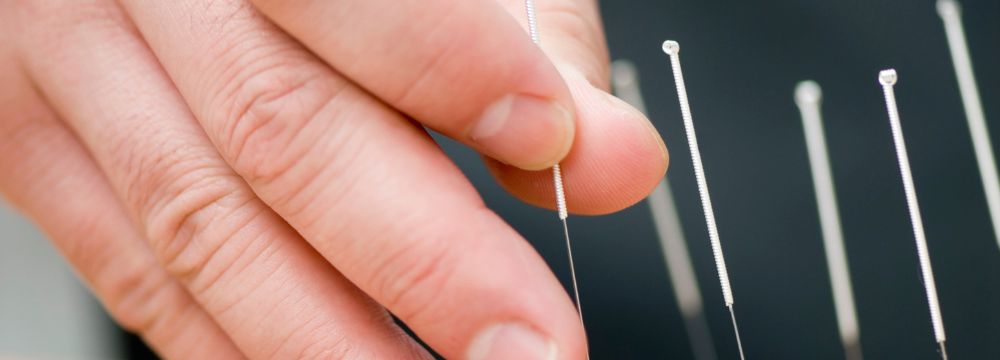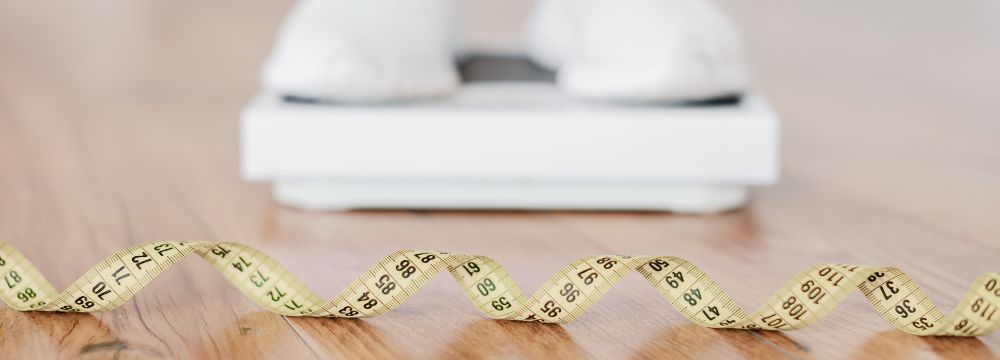Sweaty, shaky, diarrhea? If you find yourself feeling this way after a meal, it could be a condition called Dumping Syndrome. After gastric bypass surgery, and occasionally with other bariatric procedures, patients may experience this unpleasant side effect. But why does Dumping Syndrome occur? And why does it affect gastric bypass patients more than others?
During a gastric bypass, the lower part of the stomach is disconnected. The pylorus, a sphincter that regulates flow of food between the stomach and the small intestine, is separated along with the larger portion of stomach. The new, small stomach pouch which accepts food is reconnected to the small bowel, without a regulating valve. This new connection is farther down the small bowel, meaning food is bypassing the first part of the intestine.
Because of these changes, fats and sugars rapidly enter a part of the intestine that previously did not encounter this less digested food. This shocks the system, leading to the unpleasant side effects known as Dumping Syndrome.
Some patients and surgeons view this as a positive.
“Your body is letting you know that what you ate was not suitable.
It is an effective self-limiting tool that discourages you from eating it again.”
Says Dr. Husain Abbas
On the other hand, the symptoms can be significant, and most patients would prefer to avoid experiencing them, which they can often do by limiting high fat, high sugar foods.
Early Dumping vs. Late Dumping
There are actually two types of Dumping Syndrome, each of which results from reactions your body has after a meal. These are categorized as Early Dumping and Late Dumping and are each the result of a specific phase in your digestion. It is possible for some patients to experience both early and late dumping, but most commonly we see patients with one or the other.
Early Dumping typically occurs 10-30 minutes after a meal. In this instance, the food is passed from the stomach to the small intestine and is followed by a rush of fluid from the stomach. In early dumping, you may experience abdominal cramping, bloat, nausea, vomiting, diarrhea, weakness, dizziness, or cold sweats.
Late Dumping Syndrome occurs 2-3 hours after a meal. You may experience low blood sugar, cold sweats, dizziness, weakness or a rapid or irregular heartbeat. This occurs as a result of sugar quickly entering the digestive track. Your body responds with a subsequent production spike of insulin, causing a quick drop in blood sugar.
Avoiding Dumping Syndrome
A rule we encourage with all bariatric patients not to drink anything with meals. One reason is to reduce the speed at which the stomach contents are emptied. Rapid emptying is one of the root causes for Dumping Syndrome, so it is wise to avoid drinking within 45 minutes before and after a meal.
Another tip to help you avoid dumping is to always include protein with your meal or snack. Balancing any carbohydrate intake with protein will help to flatten spikes in blood sugar, which could result in a sudden blood sugar drop. It is also vital for you to get the recommended amount of daily protein.
Focus on eating small rather than large meals, which can make a big difference when it comes to Dumping Syndrome. With a limited amount of space in the stomach and when too much food is introduced, it either leads to rapid gastric emptying, or pain in the stomach and potentially regurgitation. Further, over stuffing your pouch can lead to stretching of either the stomach pouch itself or the openings to and from the stomach.
Finally, while not unheard of, the incidence of Dumping Syndrome is much lower for patients who choose the sleeve gastrectomy or duodenal switch. The risk of dumping syndrome alone is not a reason to choose one procedure over another so you’ll have the opportunity to discuss pros and cons at your consultation.
Is Dumping Syndrome Dangerous?
If it catches you off guard, the condition can feel very scary. But the good news is Dumping Syndrome is not life threatening. Many patients are able to identify foods or behaviors that increase the likelihood of dumping syndrome – like eating too much, too quickly, drinking with meals and eating fatty or sugary foods – and can easily avoid them I the future.
If you think you may be struggling with Dumping Syndrome, we recommend you discuss your symptoms with our bariatric care team. There is a small chance that symptoms could be the result of an underlying issue and we want to be sure that your weight loss journey continues smoothly.









